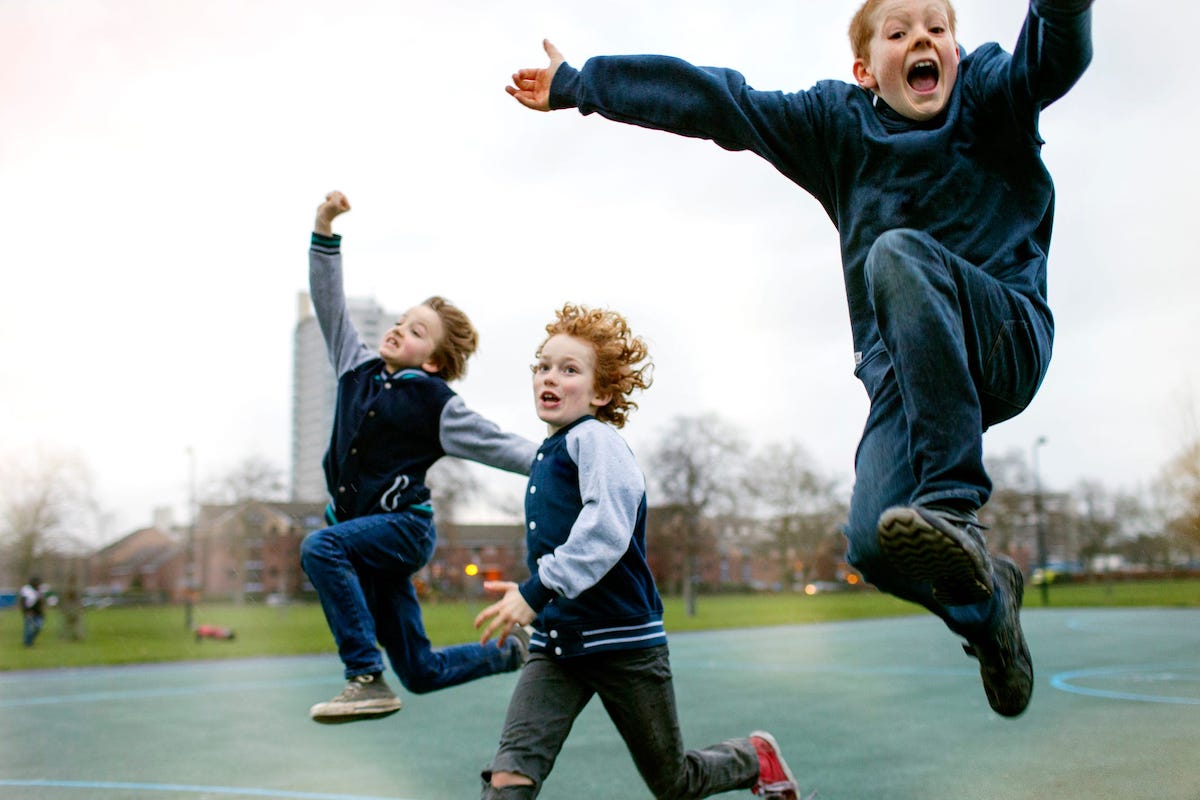This summer, my grandmother died at the age of 99 (11 months shy of her goal of 100) from dementia. She was luckier than most; she didn’t show signs of dementia until her late 90s. Grandma’s two sisters, her mother, and her aunt all died of dementia in their 90s (except Aunt Nanny, who made it to 101!).
My family is not alone: 0.5% of people between the ages of 65 and 70 have been diagnosed with dementia, and that number rises to 6% to 8% in those over the age of 85. Women are at a higher risk of dementia than men, which has long led us to believe that estrogen plays a role.
Given the evidence, I assume that if I live long enough I will develop dementia like the other women in my family. So I was extremely interested to hear reports like this one that suggest hormone replacement therapy (HRT) may reduce dementia risk.
Why is the connection between estrogen and dementia so hard to study?
Estrogen’s role in the development of dementia has been an active area of research for many years. However, because menopause occurs in our 50s and women are getting dementia in their 70s and 80s, the connection has been difficult to study. If you give women estrogen in their 50s, you have to wait decades to see if there is an effect.
Investigators in the Women’s Health Initiative (WHI), a randomized controlled trial (RCT) of hormone replacement therapy in the 1990s, tried to get around this problem by enrolling older women. Data from that trial suggest HRT increases dementia risk.
We are going to take a deep dive into the WHI in the next few weeks, but one thing we learned from that trial is that the age at which we give women estrogen may have a big impact on how it affects their health. Several subsequent studies looking at estrogen use in younger women suggest that it may protect against dementia.
Why might timing make a difference?
Estrogen has been shown to be critical in regulating metabolism in our brains at a cellular level. The drop in estrogen seen at menopause decreases our brain metabolism, leading to poor function and breakdown of brain cells. Researchers theorize that estrogen given at the time of menopause, when our brain cells are still healthy, may slow these brain changes and delay or even prevent dementia.
However, if our brain cells have already started down the path of dysfunction and breakdown — 10 years or more after menopause — exposure to estrogen may further stress the cells and lead to increased damage to the cells and increased dementia. Lab studies of brain cells support this idea, but cells in test tubes do not always behave the way cells in our bodies do. So we would like to see evidence in actual women. Thus far, that data has been mixed, with some studies demonstrating a decrease in dementia risk when estrogen is given to women in the first 10 years after menopause, and some showing no effect.
How can we interpret studies with inconsistent results?
In October 2023, headlines about a recent meta-analysis had many of us excited about the possibility that, indeed, estrogen given to younger women may decrease dementia risk.
A meta-analysis is a type of study that pulls together data from multiple studies to look for an effect of an intervention. In general, doctors and researchers find meta-analysis more compelling than a single RCT because you can see that multiple researchers found the same results in lots of different patient groups.
The meta-analysis of trials investigating estrogen’s impact on dementia included six RCTs and 45 observational studies. And it is not the first meta-analysis to ask this question. It is worth noting that the others have not found evidence that treatment with estrogen decreases dementia risk.
This latest meta-analysis includes some newer observational studies, and the authors use some different methods to interpret the data. The analysis is consistent with the results of the WHI that there is an increase in dementia risk in women who start taking estrogen after age 65. But they conclude that there is a significant decrease in the risk of developing dementia in women who take estrogen in midlife. This sounds great!
My interpretation of the data presented, though, is a little bit different. One concern I have: all of the data regarding women taking estrogen in their 50s are from observational studies. So the quality of the data in younger women is not as good as the data available for older women.
The observational studies included used different study designs and different formulations of estrogen. Some of the study subjects took estrogen only, and some took a combination of estrogen and progestin. The data suggest that women who took only estrogen experienced a reduction in dementia risk, but women who took estrogen and progesterone did not. This is important, because any woman with a uterus (that’s most of us) needs to take a combination of estrogen and progestin to prevent the overgrowth of the uterine lining that can lead to uterine cancer.
There are also some details in the way the authors analyzed the data that give me pause. Stick with me here while we get a little technical. In a meta-analysis, the data from different studies are typically weighted based on the number of participants in the study. Bigger studies are given more weight. The authors report this type of analysis, and they do not find any impact of estrogen on dementia for younger women.
However, the authors also report — and base their conclusions on — a second method that gives more weight to smaller studies. There are valid reasons to do this, but it gave me pause because it is only in this analysis that we see a significant result. Typically, a robust relationship will not be sensitive to these kinds of small changes in method.
The bottom line
For me, there are two clear takeaways from this paper. Starting estrogen alone or with progesterone in our 50s does not increase risk for dementia. Starting estrogen more than 10 years after your last menstrual period does increase your risk for dementia, and I would not recommend it.
Based on the current data, including this meta-analysis, it is not clear if estrogen supplementation given within 10 years of menopause reduces dementia risk significantly.
Practically, I feel comfortable prescribing — and taking — HRT to treat menopausal symptoms, but I do not recommend it to my patients specifically to reduce dementia risk.
Community Guidelines




















Log in